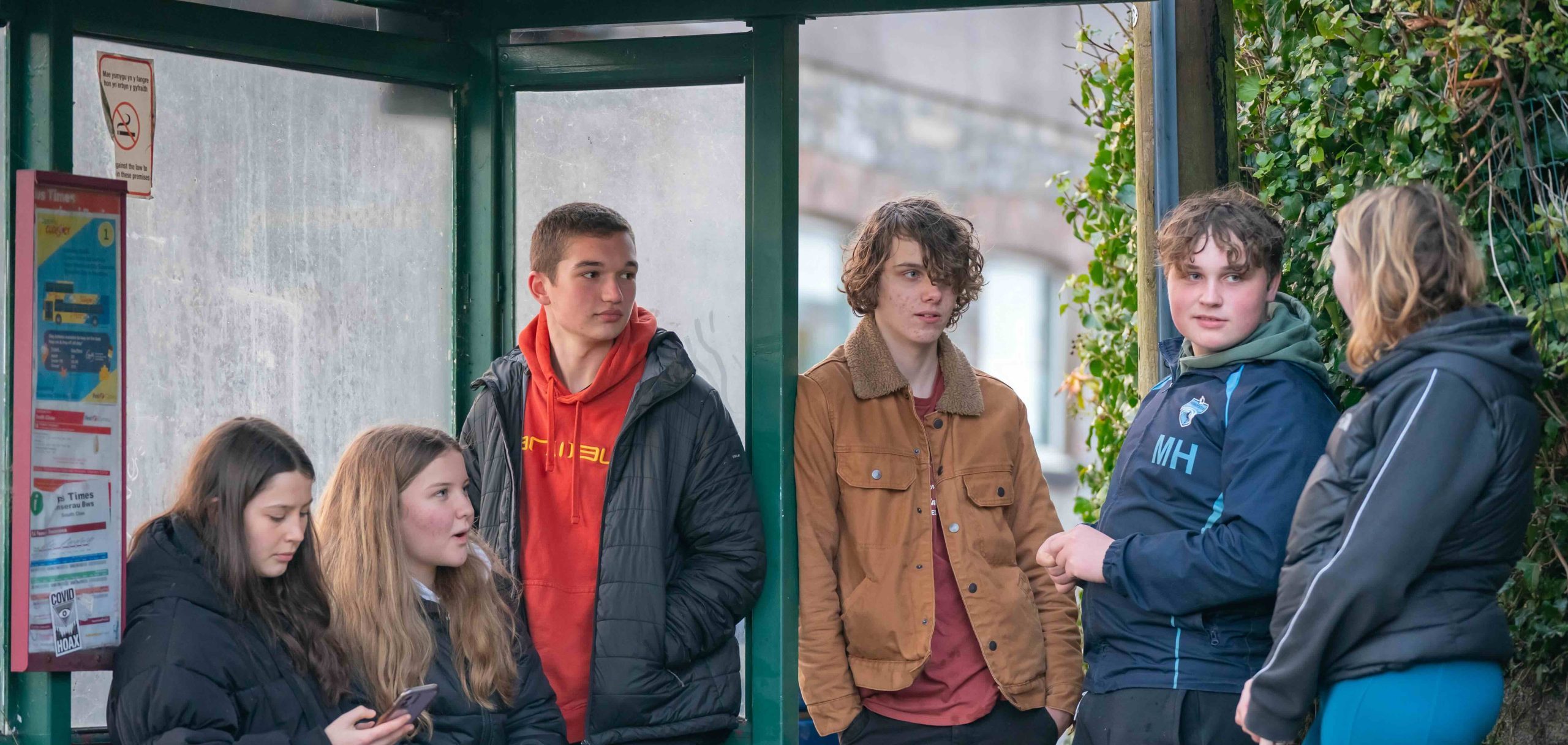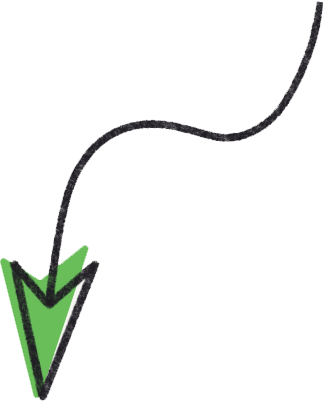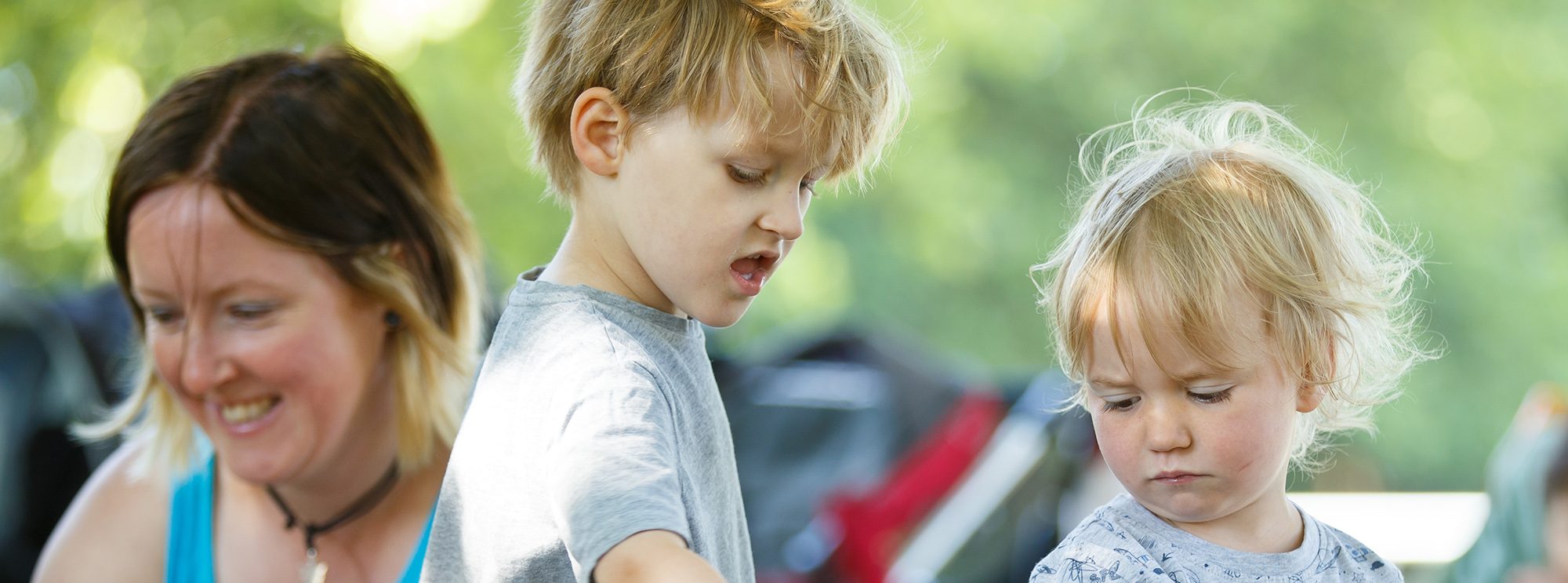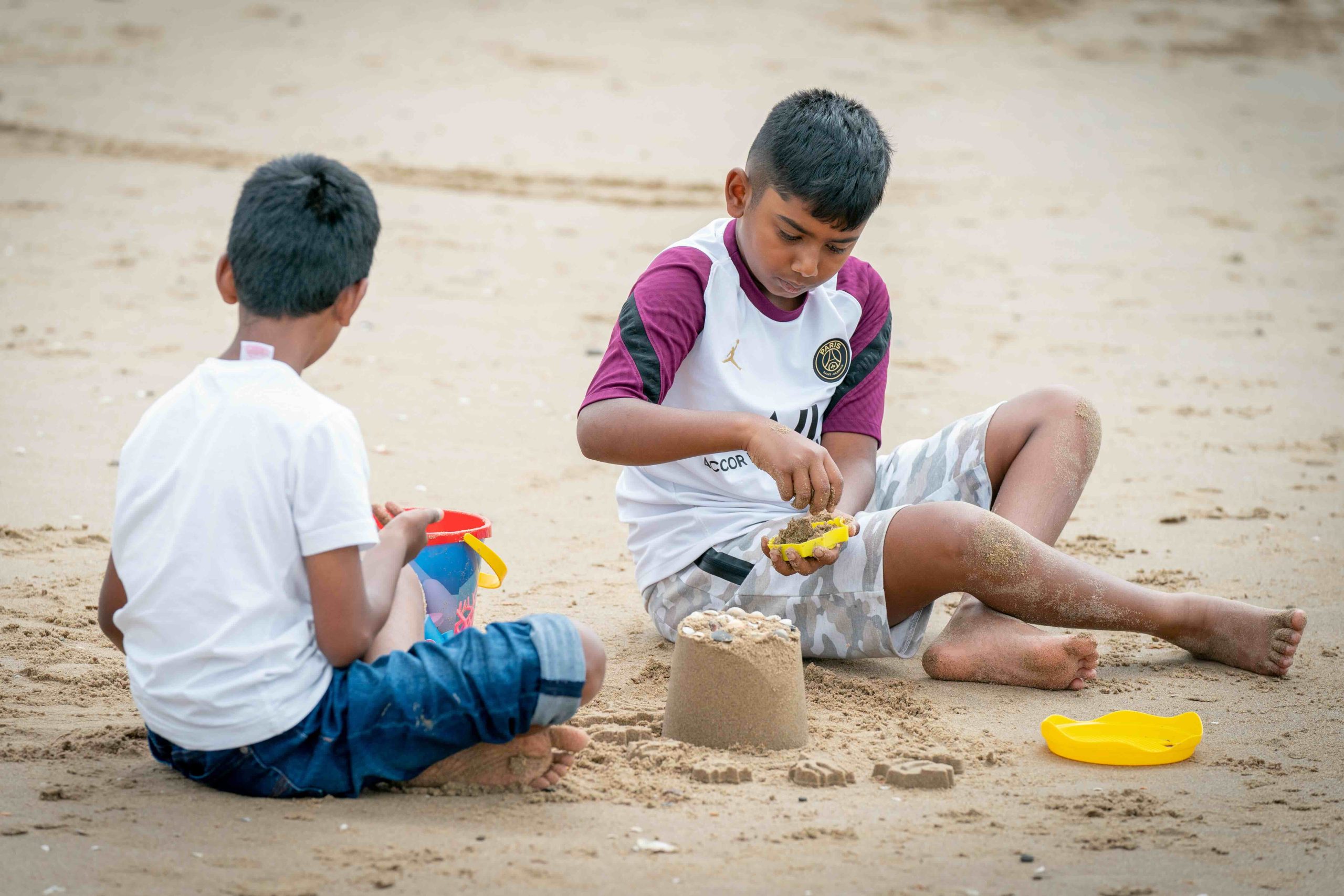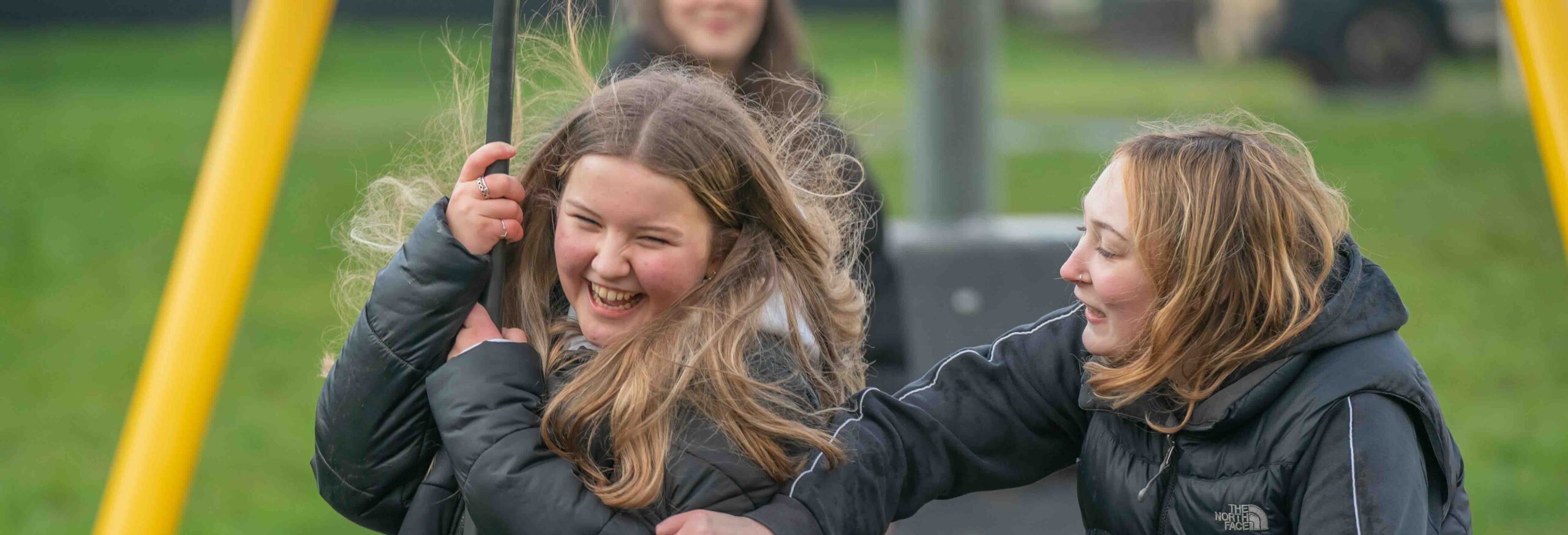All about play
Hanging out
Hanging out is a fun part of teenage years. Many teenagers enjoy organised activities such as sport and clubs and are really committed to them. They often start to hang out in less formal ways too.
Hanging out is time when teenagers can be together and socialise with limited or no adult supervision. No-one is organising what they do for them.
Sometimes we think of hanging out as not really doing anything. Teenagers might also say that! From the outside, hanging out can seem aimless or jokey and light-hearted. But it is an important activity for teenagers.
There are lots of beneficial things happening. When they hang out, teenagers may be:
- experiencing independence for the first time
- forming deep connections and friendships
- gaining a sense of being part of a group where they experience loyalty and trust
- enjoying themselves and having a really good laugh
- talking about issues of personal importance to them
- exchanging views and hearing other people’s perspectives
- figuring out how to interact with other people from wider social circles.
They may also experience things like:
- falling out
- drifting apart
- discovering they have less in common with or different views from people they previously agreed with.
These are all experiences they learn from even if they feel difficult at the time.
Other people’s expectations
When teenagers hang out it doesn’t always fit with other people’s expectations of ways to behave in public. They may not express themselves the way you would or the way you would like them to. Groups of teenagers hanging out are sometimes:
- noisy and sweary
- lively and energetic
- physically playful with each other (pushing and shoving, rough and tumble).
When there are few options of places to hang out this can bring teenagers into conflict with other people around. There is more about where teenagers spend time on the Spaces to hang out page.
A sense of independence
Hanging out is one of the ways your teenager experiences more independence. You might feel you have less influence on their decisions and choices than you used to. They are frequently looking to their peers for approval, status and friendship. The views and norms for the group are likely to have a big influence on them.
Even when teenagers are making more independent choices and sometimes mistakes, your relationship with them is an important foundation that will help them to feel safe and confident enough to go out in the world.
Some teenagers will need more support, encouragement or structure to experience a sense of independence. It’s especially challenging if you aren’t confident about them being able to judge how to stay safe. It can help to think things through together. These points might help to start a conversation.
- It’s okay to ask for help and support.
- None of us do everything entirely independently in our lives – we get help and support in lots of ways at different times.
- It’s okay to take small steps, for as long as you need, to work towards something you’d like to do.
- It can feel good to help and support someone else too.
Setting limits
Teenagers do still look for limits and need to feel secure about what is expected. It helps them to know things like:
- what time you expect them to be home
- what to do if they feel at risk or something goes wrong
- how far from home they are allowed to go
- who it is okay to be around.
Teenagers are more likely to stick to agreed limits if they have been involved in setting them.
Talking about hanging out
Having more freedom and independence can change the relationship you have with your teenage child. This can be both scary and rewarding for both of you!
It’s unlikely that the teenagers in your life will share all of the details about what they are doing or who they are with. They will share what they choose, when they choose. Some things you might never know!
When they do include you in conversations about hanging out, it shows they trust you and want to include you.
See our page on spaces to hang out for tips about the places teenagers like to hang out.





